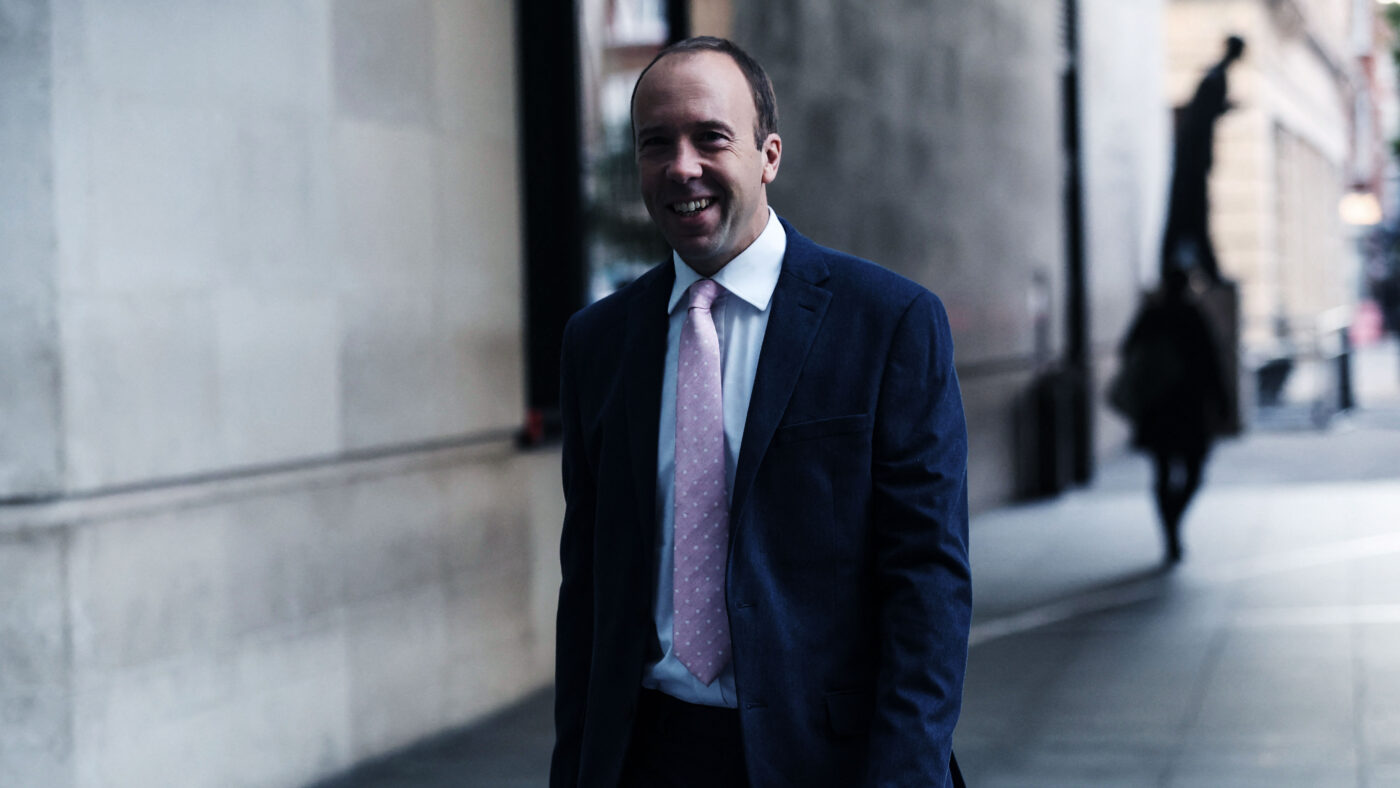It was all going so well for Rishi Sunak. A landmark deal on the Northern Ireland Protocol cast the PM in the role of international statesman and seemed to have won over even some of the most battle-hardened Brexiteers.
This being British politics, however, fresh psychodrama was only ever a front page away. The Telegraph publication of Matt Hancock’s Covid-era WhatsApp messages has rekindled the bitter, intense and emotive arguments and raised vital questions – questions like, what possessed Hancock to entrust his personal correspondence to Isabel Oakeshott?
Just to thicken the plot, the Privileges Committee chose this week to publish its initial ‘Partygate’ report, and the civil servant in charge of investigating the same, Sue Gray, was offered a job as Keir Starmer’s chief of staff, much to the chagrin of Boris Johnson and his supporters.
To read Hancock and his colleagues’ messages now is to be plunged back into an absurd parallel universe of bafflingly arbitrary Covid rules: could we stand a metre or two apart? How many of us were allowed in an indoor venue at the same time? Had the Government ‘legalised hugs’ by the time Hancock had embarked on his office affair?
Sometimes the exchanges border on the comic – Hancock fretting over how he looks in various photos; Michael Gove telling him ‘U r my hero’; Cabinet Secretary Simon Case struggling to join a Zoom call because his ‘rural broadband’ isn’t up to scratch.
Amid the sometimes petty arguments, the biggest questions the Lockdown Files touch on are whether Hancock ignored advice on care home testing (which he vehemently denies), and why the Government didn’t do more to get children back to school earlier. The former Children’s Commissioner for England, Anne Longfield, wrote an impassioned piece this week about the way children’s needs were, in her view, downplayed in favour of political expediency. For many parents the suggestion that schoolchildren in England were made to wear masks so the Government could avoid an ‘argument’ with Nicola Sturgeon will be especially galling.
For those minded to give ministers the benefit of the doubt the messages shine a light on the intensity of decision-making at the time, and the frenetic, contentious back-and-forth between advisers, ministers, civil servants and scientists before the Government put out new rules or restrictions.
And while both pro and anti-lockdown voices like to pray in aid ‘the science’ as if there was an open-and-shut case for what the Government should have been doing, the Files underscore how fraught and unclear the evidence could be. As notes our CPS colleague Mark Lehain, who worked in the Department for Education during the pandemic:
Even when you do have lots of information, it doesn’t necessarily point towards a clear solution or direction…It’s all too easy to pretend that the evidence is actually clear cut, and thus the ‘right’ decision is simple to see, but this is rarely the case.
That we’re still arguing over those decisions is also down to the slowness of the official Covid inquiry. Though it was established back in May 2021, chair Baroness Hallett will only start to hear evidence from witnesses later this month. So if anyone was hoping for some kind of Covid catharsis, or accounts to be quickly settled, this week’s revelations are only the tip of the iceberg.
For Sunak, meanwhile, this week has been a salutary reminder that being PM means the moment you’ve settled one problem, another ten are just round the corner.
Click here to subscribe to our daily briefing – the best pieces from CapX and across the web.
CapX depends on the generosity of its readers. If you value what we do, please consider making a donation.


